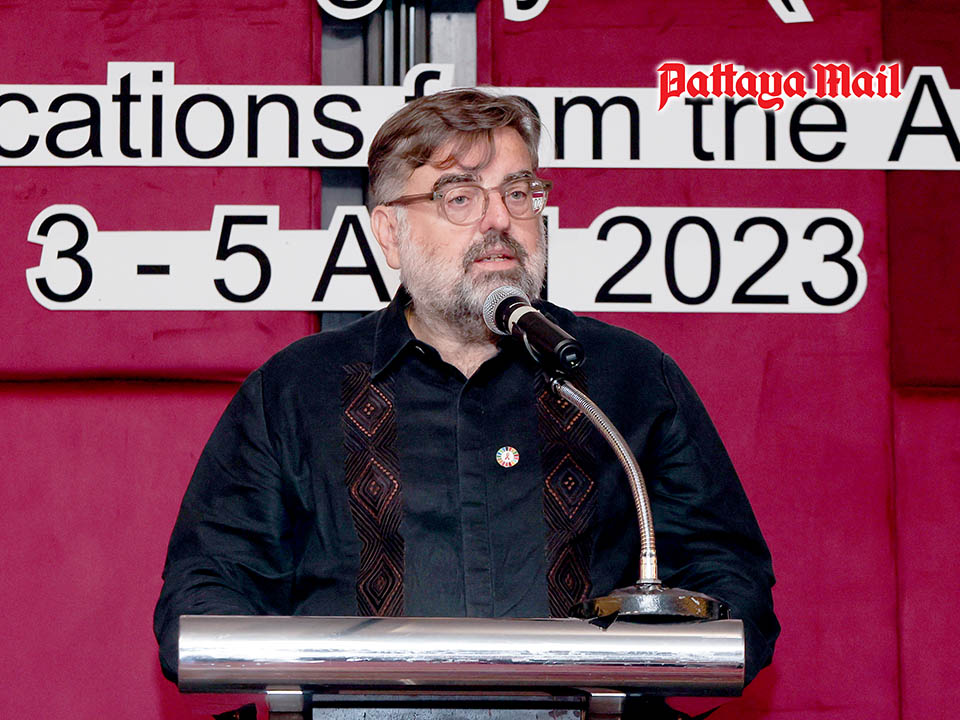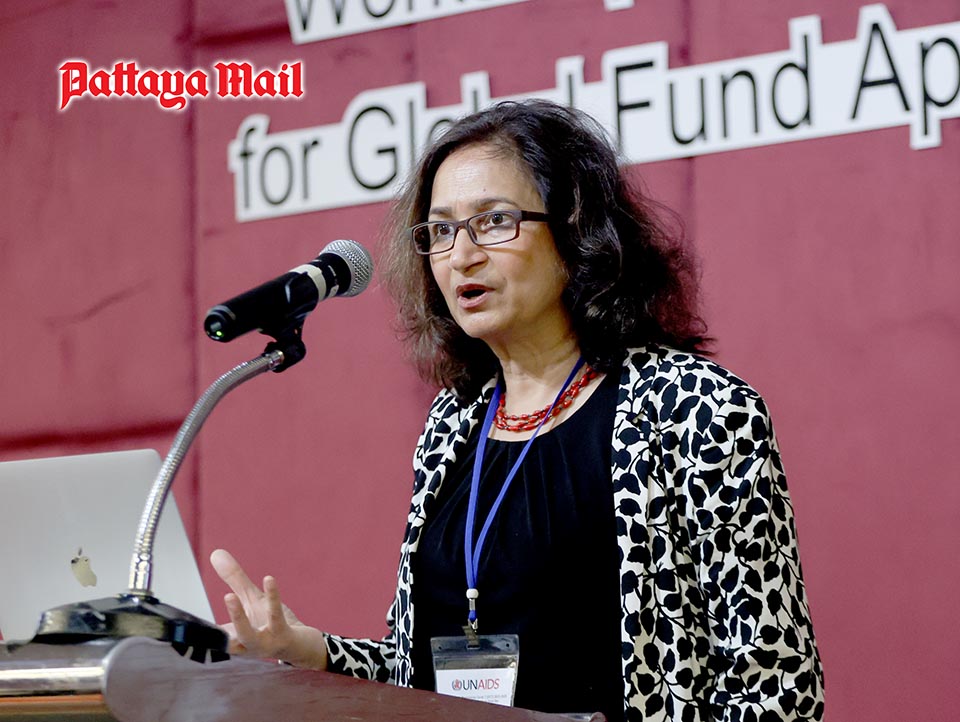
Bangkok – Countries in the Asia Pacific region are receiving support to better respond to their AIDS epidemics, particularly the high HIV rates among key populations such as men who have sex with men, people who use drugs, sex workers and transgender women. UNAIDS is hosting 13 country teams in Bangkok from April 3 to 5 to facilitate the development of strong and strategic 2023 – 2025 funding requests to the Global Fund to Fight AIDS, Tuberculosis and Malaria (Global Fund). The three-day, hybrid workshop will support countries to understand changes to the seventh cycle of applications. Teams will also benefit from technical support to prioritise the interventions and investments that will have the most impact on their HIV responses.
In 2021 there were an estimated six million people living with HIV in the Asia Pacific region. There were an estimated 260,000 new infections and 140,000 AIDS-related deaths. Three-quarters (76%) of people living with HIV in Asia Pacific were diagnosed. Two-thirds (66%) of all people living with HIV were on treatment and 60% of all people living with HIV were virally suppressed. The vast majority (96%) of new infections were among key populations and their partners. Quarter (26%) of new HIV cases in the region last year were among young people ages 15 – 24, mostly key populations (99%).
Eamonn Murphy, UNAIDS Asia Pacific Regional Director, asserted that the region must accelerate progress to fulfil the commitments made by governments through the 2021 political declaration on HIV and AIDS.
“Given the nature of the region’s epidemics, its systems and resources, today’s situation is not acceptable. The decline in HIV incidence is slow, and in some countries new infections are rising. We have two million people who are not on antiretroviral treatment,” he noted. He called on countries to prioritise achievement of the Global AIDS Strategy targets for HIV testing, treatment, viral suppression and prevention.

“But also focus on breaking down the barriers preventing people from accessing services where they are available and improve the quality of services by innovating and bringing in resources to make them more effective and sustainable,” Mr Murphy said.
Suman Rijal, Director of the Communicable Diseases Department at the World Health Organization South-East Asia Regional Office (WHO SEARO) noted that despite some advances, stubborn barriers remain.
“HIV self-testing and PrEP (pre-exposure prophylaxis) coverage remains low and highly uneven while stigma and discrimination remain barriers for many people,” he said. “This workshop provides opportunities to work together with support from partners and experts, recognising the need for resilient and sustainable systems for health. Without this joint effort and cooperation, it is not feasible to achieve our goals.”
Dr Vindi Singh, Global Fund’s Senior Disease Advisor on HIV Treatment, noted that the most significant change for the next funding cycle is a focus on the “program essentials”. These program essentials are evidence-based interventions and approaches relating to HIV prevention, testing, treatment, Tuberculosis, service delivery and human rights. Ms Singh emphasised that all interventions must be human rights-based, gender-responsive and informed by an analysis of inequities.
During the three-day workshop teams will either develop draft funding requests or strengthen existing drafts using Global Fund application resources. Countries will receive demand driven practical guidance and onsite support relating to the application process while benefitting from other countries’ lessons learned. There would also be guidance on how to access technical expertise through the UNAIDS Technical Support Mechanism and other platforms.






